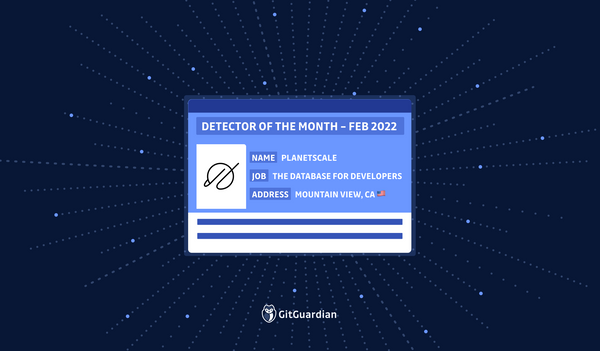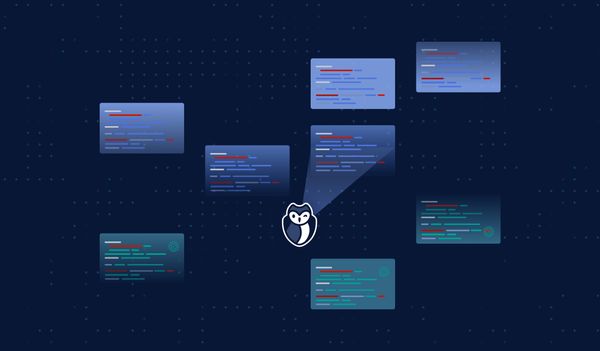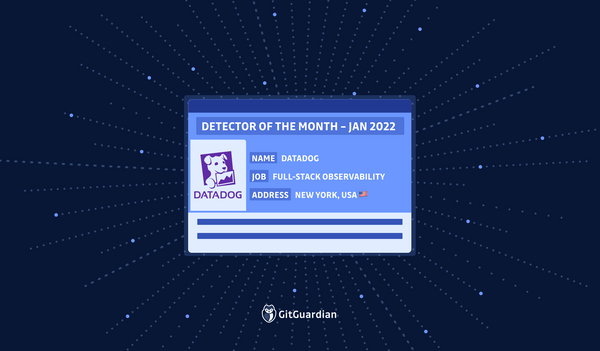
Detector of The Month – Redis, March 2022
Keep secrets out of your source code. GitGuardian's automated secrets detection supports Redis database credentials.

Keep secrets out of your source code. GitGuardian's automated secrets detection supports Redis database credentials.

Keep secrets out of your source code. GitGuardian's automated secrets detection supports PlanetScale database passwords and tokens.

GitGuardian users can now extend the secrets detection engine and configure custom patterns to detect proprietary secrets and credentials.

Keep secrets out of your source code. GitGuardian's automated secrets detection supports Datadog API and Application keys.

Keep secrets out of your source code. GitGuardian's automated secrets detection supports Okta API tokens and client secrets.

GitGuardian is now a verified PagerDuty integration, bringing the power of automated secrets detection to one of the leading platforms for real-time digital operations.

Keep secrets out of your source code. GitGuardian's automated secrets detection now supports Supabase JWT secrets and Service Role JWT secrets.

GitGuardian now supports more than 300 secrets detectors, available in both products: GitGuardian for Public GitHub Monitoring and GitGuardian for Internal Repositories Monitoring.

Today, we’re introducing Validity Checks in GitGuardian for Internal Repositories Monitoring. For each incident, users will now be able to verify if the leaked credentials are still valid — bringing their attention to unresolved incidents.

Today, we’re introducing Presence Checks in GitGuardian for Internal Repositories Monitoring. For each incident in the dashboard, users will now be able to verify if the leaked secret is still present or if it was completely removed from the git history.

Today, we're excited to launch GitGuardian on the GitHub Marketplace. With this integration, more developers will find it easier to connect GitGuardian to their GitHub accounts and monitor their repositories for hardcoded credentials.

GitGuardians “Dev in the loop” is another step towards bringing this into reality with a practical feature that improves the workflow of remediating a secret incident between developers and security teams.